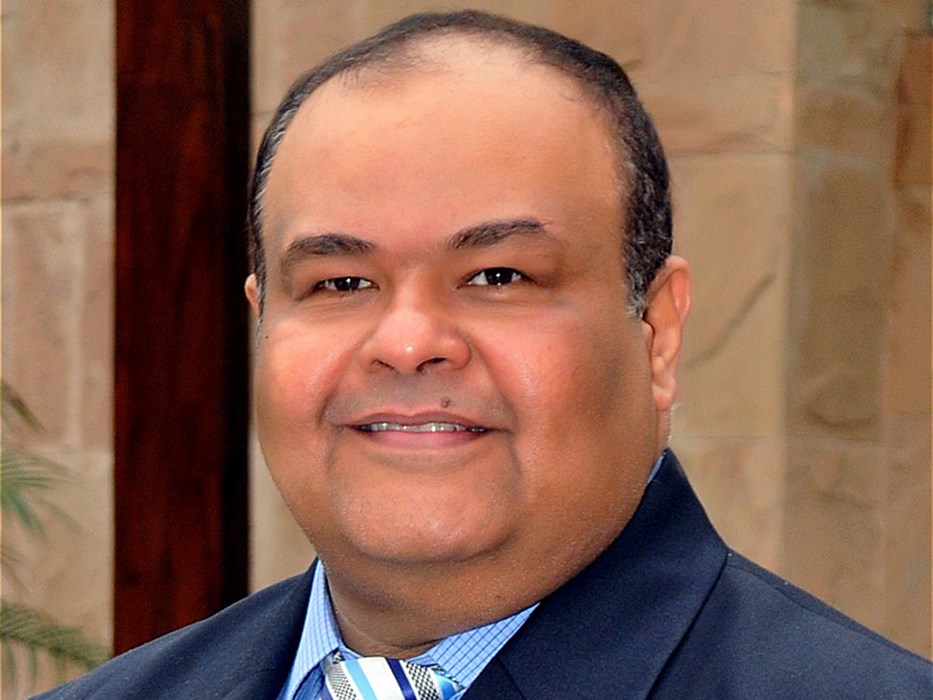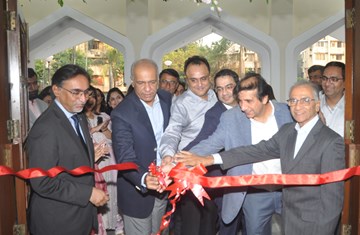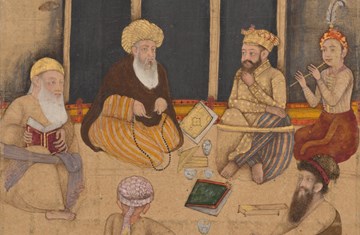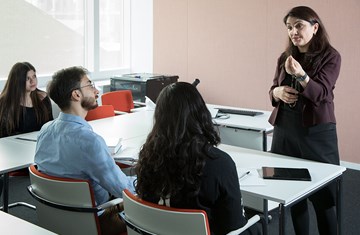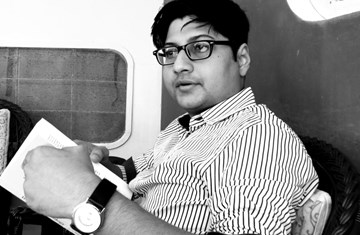Reimagining Education for a New Generation
On 8-9 June, the University of Oxford in partnership with the Aga Khan Foundation and the Global Centre for Pluralism held the Oxford Symposium for Comparative and International Education, entitled, Re-Examining the Mission of Education and the Meaning of Learning in an Uncertain World. Delegates from 150 countries were invited to debate and respond to some of the challenges that are facing education today, as a result of social, economic, political, scientific, environmental or technological uncertainties. Some of these included, children's learning styles, teacher transformation, parental/family engagement, school leadership, community involvement and education systems, policy and governance.
In addition to the keynote and plenary sessions, delegates were asked to engage in discussions and critical reflections by participating in three of the twenty offered round table sessions. Sixty speakers from around the world delivered presentations that sparked conversations and debates during each of the sessions. Dr Al-Karim Datoo, Research Coordinator at the IIS, delivered a presentation at a round table discussion on Navigating education through a hegemonic smokescreen: reading the word and reading the world.
Drawing upon his research in the areas of critical sociology of globalisation, development and education, Dr Datoo’s presentation contrasted the ‘word’ of education - which is being homogenised and therefore has become static – with the ‘world’ of education, which is made up of the lived realities of the world and is therefore continually evolving.
Using Paulo Ferrier’s notion of reading the word and reading the world, Dr Datoo argued that in the context of globalisation, the lived world of learners - socially, culturally, ideologically and politically has increasingly become complex and fluid. The text of education has become homogenised through international instruments such as the standardisation of knowledge and assessment. He elaborated further that the
process of standardisation controls imagination, which in turn, excludes epistemological pluralism, multiple possibilities of reading, and transforming the world for the better.
Therefore, there is an urgent need to re-imagine education in order to achieve alignment with the lived realities and diversities of learners, their backgrounds, pedagogues, communities and cultures. In order to achieve this, Dr Datoo emphasised the need for a strategic approach:
Firstly there needs to be a structural relationship between education and the various institutions of society - governance, justice, economics and politics – all need to be harmonised and made complementary to bring about educational change. Secondly, the wellbeing of a child should be kept at the forefront. Thirdly, communities and families should be empowered and made influential stake-holders in educational decision making. And lastly, policy-making processes need to be informed by the realities of people on the ground.
These ways forward can help to reimagine education for future generations. Given the aim of the conference was to build a new interdisciplinary and intellectual framework that guides debate about the meaning of learning and the mission of education in an uncertain and unpredictable world, these suggested approaches can contribute to making education relevant, and therefore more responsive to the challenges that students face.

